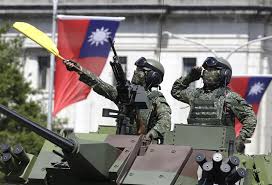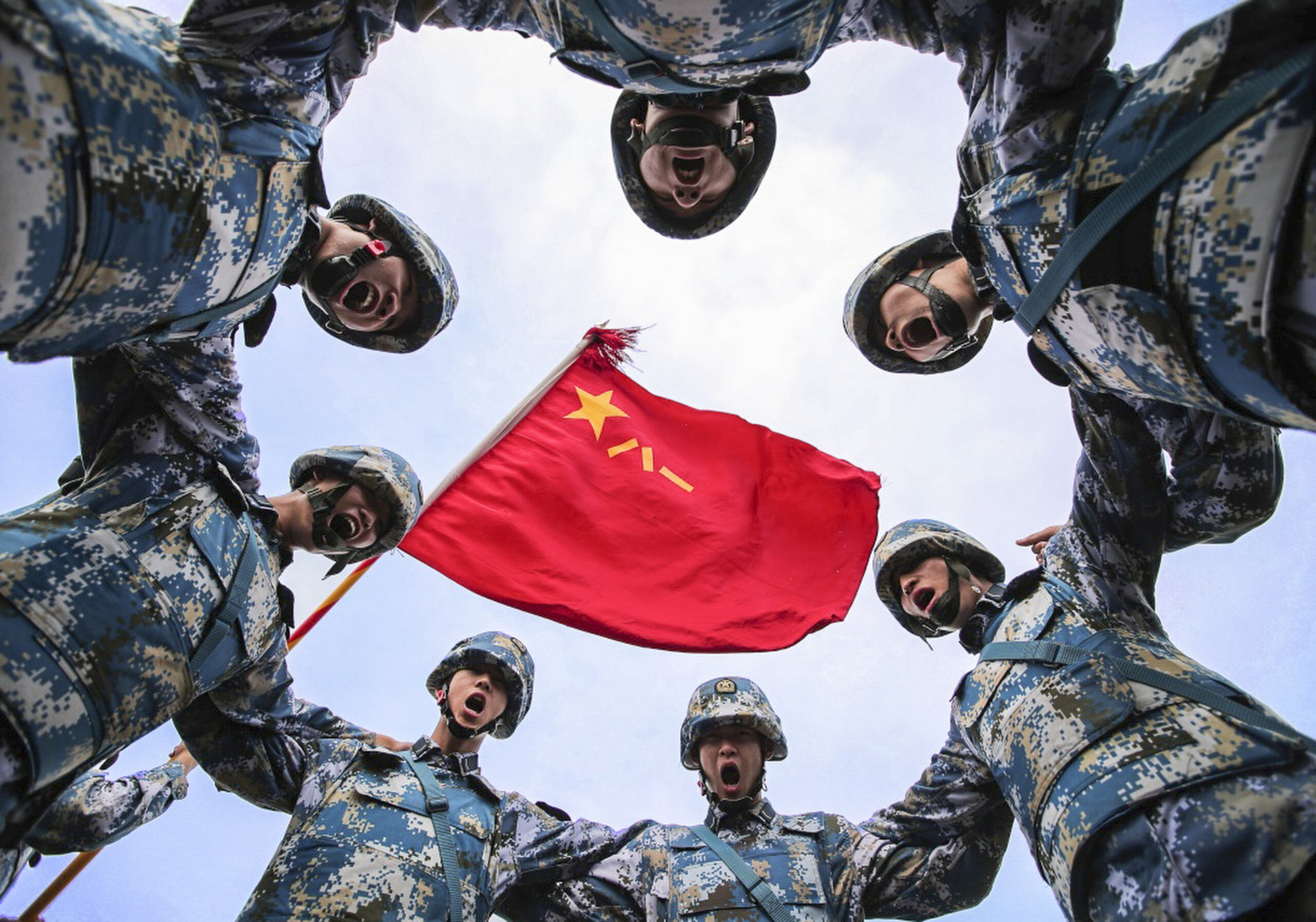by Martin Haffner Associate Editor
Taipei, Taiwan – In response to escalating tensions in the region and uncertainty surrounding its defense budget, Taiwan has launched a series of military drills aimed at enhancing its readiness to counter potential threats. These exercises come at a time when discussions regarding possible cuts to the defense budget have raised alarms among military officials and the populace alike.
Escalating Regional Tensions
The backdrop of these military drills is characterized by a surge in aggressive rhetoric and actions from neighboring China, which has consistently asserted its claim over Taiwan. Over the past year, China has increased its military posturing, conducting numerous drills near the Taiwan Strait and deploying naval forces in the surrounding waters. These developments have heightened fears among Taiwanese citizens and officials about the possibility of military escalation.
Taiwan’s Ministry of National Defense has reiterated the importance of maintaining a robust defense posture. Defense Minister Chiu Kuo-cheng has underscored that the country must remain vigilant and prepared for any eventuality, particularly in light of intelligence assessments suggesting that the Chinese military could attempt to exert greater influence in the region.
The Drills: A Show of Strength
The recent military drills are designed to simulate various scenarios, including defending against potential amphibious assaults and cyber-attacks. Conducted by the Taiwanese armed forces, the exercises feature air, sea, and ground components, showcasing an integrated defense strategy that aims to deter any aggressive actions.
Participating units have focused on rapid deployment of forces and coordination among various branches of the military. The drills are intended not only to strengthen operational capabilities but also to boost morale among service members, reinforcing the message that Taiwan is committed to safeguarding its sovereignty.
Concerns over Defense Budget Cuts
Despite the show of military strength, Taiwan’s defense budget has become a contentious issue in recent political discussions. Proposed cuts have raised significant concerns among military analysts and lawmakers, who argue that reducing funding during a time of heightened tension could undermine the island’s ability to defend itself.
Critics warn that any budget reductions could slow modernization efforts, limit training opportunities, and hinder the development of advanced military capabilities necessary to counter a potential Chinese threat. In light of this, there is a growing consensus among various political factions in Taiwan about the need to prioritize defense spending, even in the face of economic challenges.
Public Sentiment and Political Implications
Public sentiment in Taiwan regarding defense spending has shifted in recent years, with increasing awareness of the risks posed by an assertive China. Recent polls indicate that a majority of the population supports increased defense budgets and a stronger military response if faced with aggression.
As Taiwan approaches its presidential elections, the defense budget has become a key campaign issue, with candidates staking positions on the necessity of maintaining a strong defense posture. The outcome of these discussions will not only influence Taiwan’s military strategy but will also have broader implications for the island’s relationship with the international community, particularly with allies such as the United States.
As Taiwan conducts these vital military drills amidst concerns over potential defense budget cuts, the message is clear: the island nation is determined to protect its sovereignty and maintain readiness against any threats to its security. In a rapidly evolving geopolitical landscape, Taiwan’s commitment to strengthening its defense capabilities remains a crucial element in ensuring peace and stability in the region. The coming months will be pivotal for Taiwan, as it navigates the complex intersection of military preparedness and political will, setting the stage for its future defense strategy.



